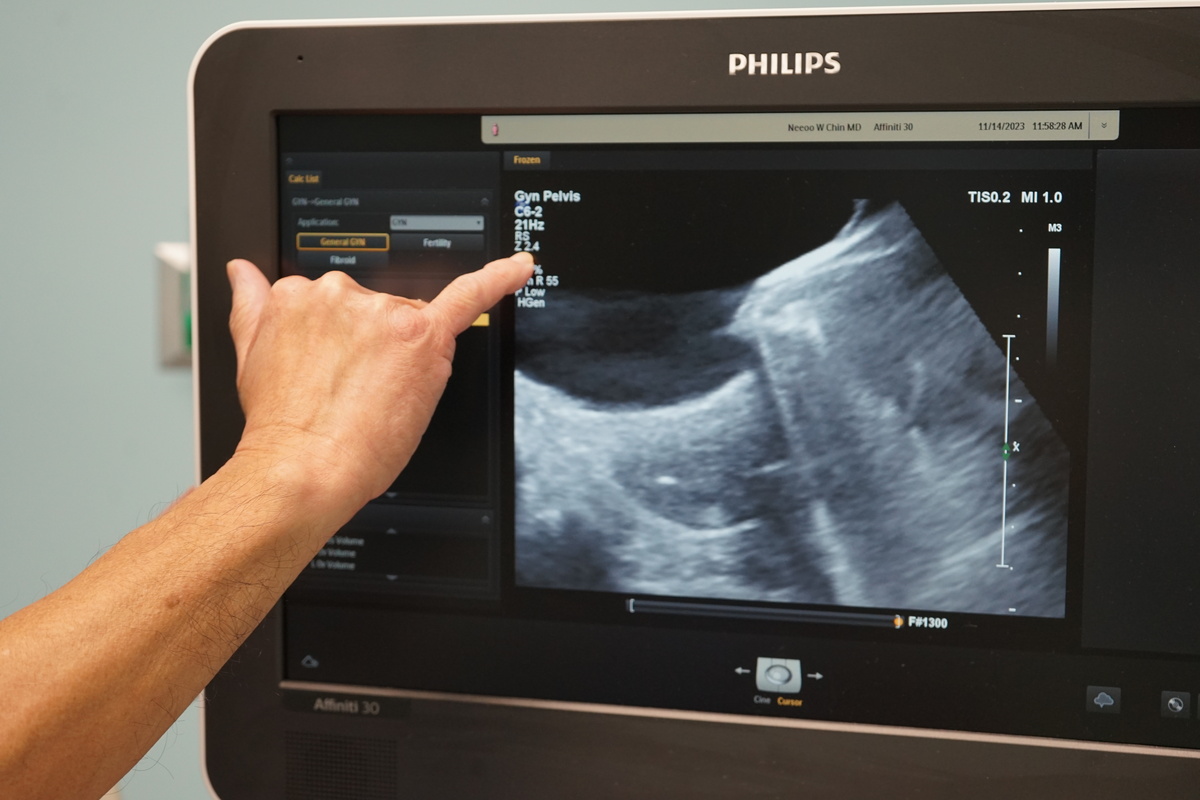Healthy Lifestyle Changes That Effect Fertility

Understanding fertility can sometimes be difficult, especially if you are struggling to get pregnant. Oftentimes there is a definite cause for fertility problems like polycystic ovarian syndrome (PCOS), or low motility in a man's sperm. However, in other instances, there is not a single identifiable cause for struggles in conceiving.
While there is no singular method of ensuring an improved chance of conception, our nutrition, lifestyle, and behaviors can sometimes affect fertility. The nutrients you consume, how much exercise you get, and even your stress levels are all important factors that you must consider to improved fertility.
In this post, we will discuss some ways to improve your chances of pregnancy by facilitating specific lifestyle changes. Topics will include nutritional intake, foods to eat for improved fertility, lifestyle changes for improved fertility, and more!

Try These Lifestyle Changes to Improve Fertility
Fertility is a complicated subject and one that can be hard to understand, especially if your fertility struggles do not have an official diagnosis. There is not always a disease or apparent reason for fertility struggles. Sometimes a few thoughtful lifestyle changes can make a big difference when it comes to your chances of conceiving.
Nutritional Supplements for Fertility
A balanced diet is essential for reproductive health as it provides the necessary nutrients to support fertility. Nutrients such as folic acid, omega-3 fatty acids, iron, and vitamin D are particularly important for reproductive health.
- Folic acid supports the development of the baby's neural tube
- Omega-3 fatty acids help regulate hormone production and improve egg quality
- Iron is crucial for healthy blood and proper oxygenation
- Vitamin D plays a role in regulating reproductive hormones
Recommended foods for supporting reproductive health include leafy greens, citrus fruits, fatty fish, lean meats, and dairy products. In general, look for ways to increase your protein and fiber intake while reducing the amount of processed sugars you eat.
Food is not the only important consideration for a balanced diet. Hydration plays a crucial role in reproductive health as well. Staying properly hydrated can support healthy cervical mucus production and uterine lining. The average person needs about eight cups of water a day. However, it is important to remember that your body size is a key factor in determining your hydration needs.
While a balanced diet should provide most of the necessary nutrients for fertility, additional supplementation may be considered for individuals with specific deficiencies or health conditions. It is important to consult with a healthcare professional before starting any supplementation to ensure it is safe and appropriate for individual needs.
Lifestyle Changes to Boost Fertility
When trying to boost fertility, lifestyle changes can make a big difference. Let's examine a few different considerations you should make.
Regular Exercise
Regular exercise is important, as it can help regulate hormones, improve circulation, and reduce stress. Aim for a combination of cardiovascular, strength training, and flexibility exercises for overall health.
Certain types of exercise can specifically benefit fertility, such as yoga and Pilates, which can help with relaxation and stress reduction. Guidelines for exercise frequency and intensity may vary depending on individual health and fitness levels but aiming for at least 30 minutes of moderate exercise most days of the week is a good starting point.
Weight Management
Weight management is also crucial for fertility. Excess body weight can disrupt hormone balance and ovulation while being underweight can also affect menstrual regularity and ovulation. Healthy ways to achieve and maintain an optimal weight include a balanced diet and regular exercise.
Remember, you don't have to weigh a certain number or fit a certain body type to get pregnant, but maintaining a healthy weight does improve your chances of getting pregnant.
Sleep Patterns
Improving sleep patterns is another important lifestyle change. Sleep has a significant impact on hormonal balance and fertility. Establishing a consistent sleep schedule, creating a relaxing bedtime routine, and practicing good sleep hygiene can all help improve sleep quality.
Behavioral Factors and Stress Management
Behavioral factors and stress management play a significant role in fertility. Chronic stress can impact hormonal balance, disrupt ovulation, and lower sperm count, making it more difficult to conceive for both men and women. This can feel devastating for couples, especially since struggling to conceive causes tremendous stress. So, what can be done to lower stress levels?
Meditation
Meditation and mindfulness practices have been shown to reduce stress and improve fertility by calming the mind and body. Techniques such as deep breathing, progressive muscle relaxation, and guided imagery can also be effective in managing stress. Decide which approach is right for you and then seek out a mediation professional or digital content creator that meets your needs.
Yoga
Yoga and relaxation exercises are beneficial for reducing stress and promoting fertility. Specific yoga poses and routines, such as the reclining bound angle pose and the supported headstand, can improve blood flow to the reproductive organs and reduce stress levels.
Couples Counseling
The role of counseling or therapy should not be overlooked, as addressing underlying emotional issues and learning effective coping strategies can greatly impact fertility outcomes. Even if you and your partner are not having problems with your relationship, finding a couples counselor that helps you feel safe and heard can help reduce your stress levels.
Community and Companionship
Building a supportive community is essential for managing stress and finding emotional support during the fertility journey. Surround yourself with understanding and empathetic individuals can alleviate feelings of isolation and anxiety. This can include family members, friends, or other people on a fertility journey of their own.

Fertility Treatment at The Fertility Wellness Institute
Fertility is often a complicated matter, especially if you have been trying to get pregnant for many months or longer. There is not always a singular reason why you might struggle to get pregnant. Oftentimes, our lifestyle has a greater effect on reproductive health than we are aware of.
Don't try and face your fertility struggles alone. The Fertility Wellness Institute of Ohio is here to help. Led by Dr. NeeOo Chin, a board-certified reproductive endocrinologist with over three decades of experience, our team of fertility experts can help guide you through your fertility journey using state-of-the-art technology. We will create a fertility treatment plan that is custom-made for you to help you meet your goals.
Click here to schedule an appointment with Dr. Chin now!
Follow the Fertility Wellness Institute of Ohio on Facebook, Instagram, X, and LinkedIn!

